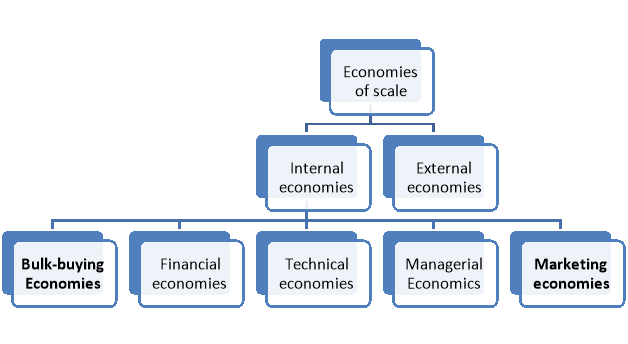The term unemployment is used to describe anyone who is able to work, but doesn’t have an occupation. Unemployment is one of the most common and chronic problems worldwide. It is a concern for individuals as well as global communities. Unemployment is expressed as percentage of the total available work force that is unemployed, but actively seeking employment and willing to work which is known as the unemployment rate.
Basically there are five types of unemployment: frictional unemployment, cyclical unemployment, structural unemployment, real wage or classical unemployment, and seasonal unemployment. The level of unemployment varies with economic conditions and other circumstances.… Read the rest


